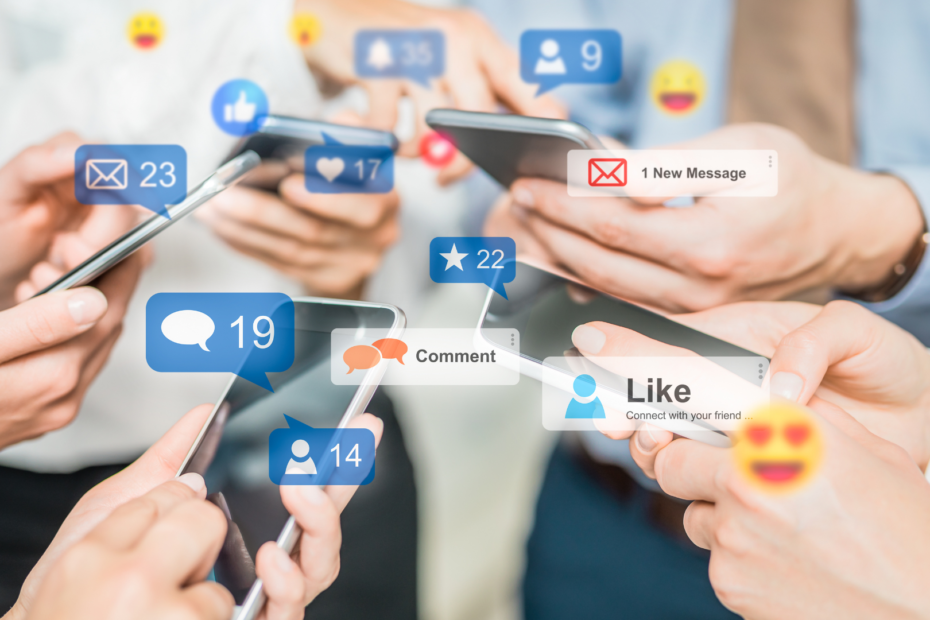In today’s world of heightened awareness about ourselves, social media has become a platform that people flock to so they can see what is new and how they can change themselves to fit in with the current thing that is trending.
This can negatively affect young people and adults who are fixated on what the next best thing is.
Social media can be a place where people will find body-positive content such as body-positive images and interaction, however, there are still negative body image concerns floating around that are causing people body dissatisfaction making them have negative feelings and self-esteem issues.
Today we will discuss the negative effects of social media and body image, as well as the positive body image effects that social media accounts can have on impressionable people.
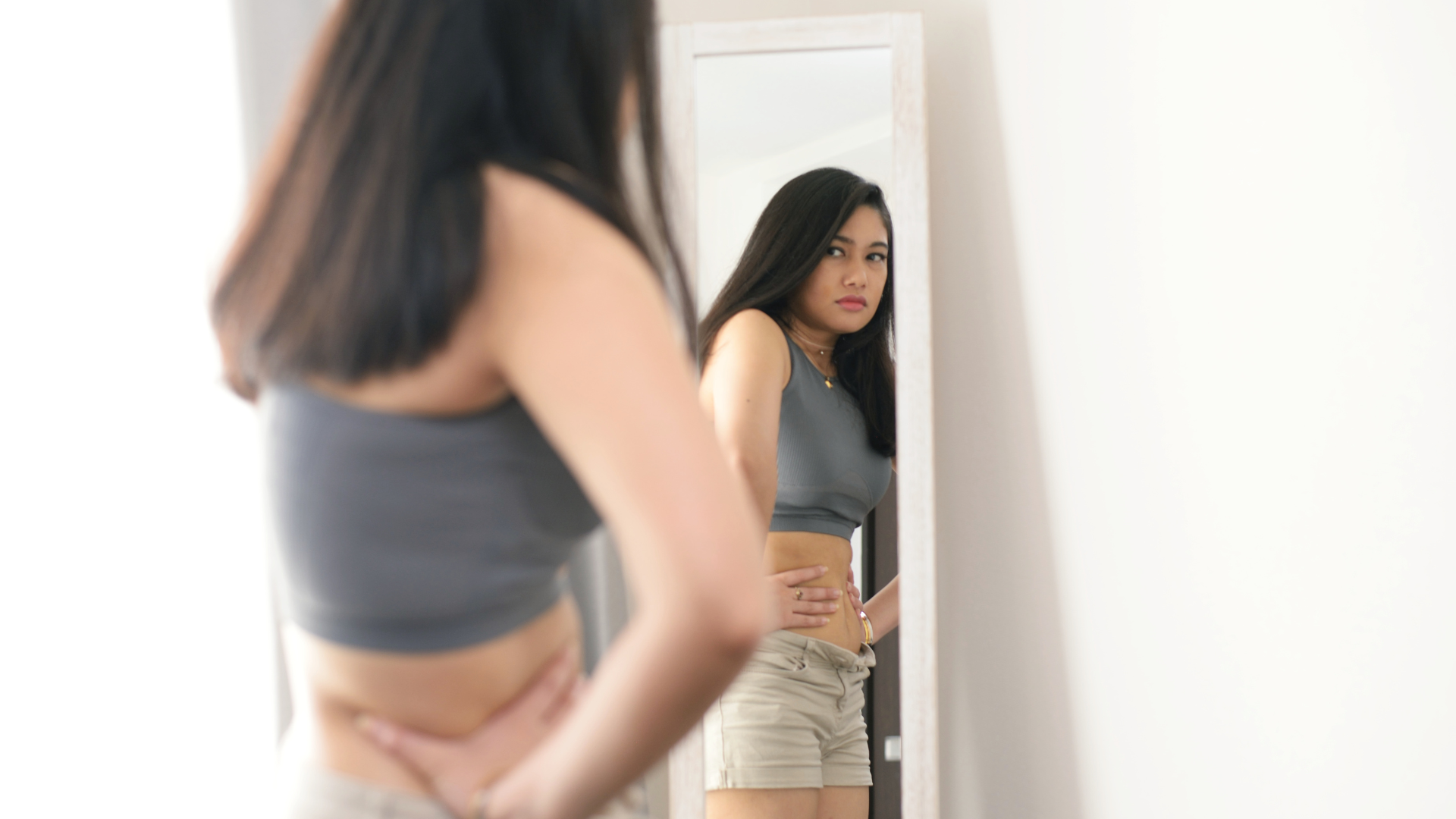
Why do People Use Social Media?
Hopefully, you haven’t been living under a rock, and you know what social media is.
However, if you need a refresher then all you need to know about social media is that it started out as a place where people could connect from all over the world and share news and experiences that others may never get to see.
Whilst this was amazing at the start, the shift in how social media was used changed and it opened up social media users to influencers, advertisements, and non-stop content.
This change developed rapidly into what we know of social media today, and whilst it can be filled with negative things which can add to the stress felt by users, it is also filled with positive content that helps people.
It is a mixed bag, and there are many arguments for and against it, but what we will be focusing on today is body image content and how that can affect the mental health of people who are seeing this on their screens.
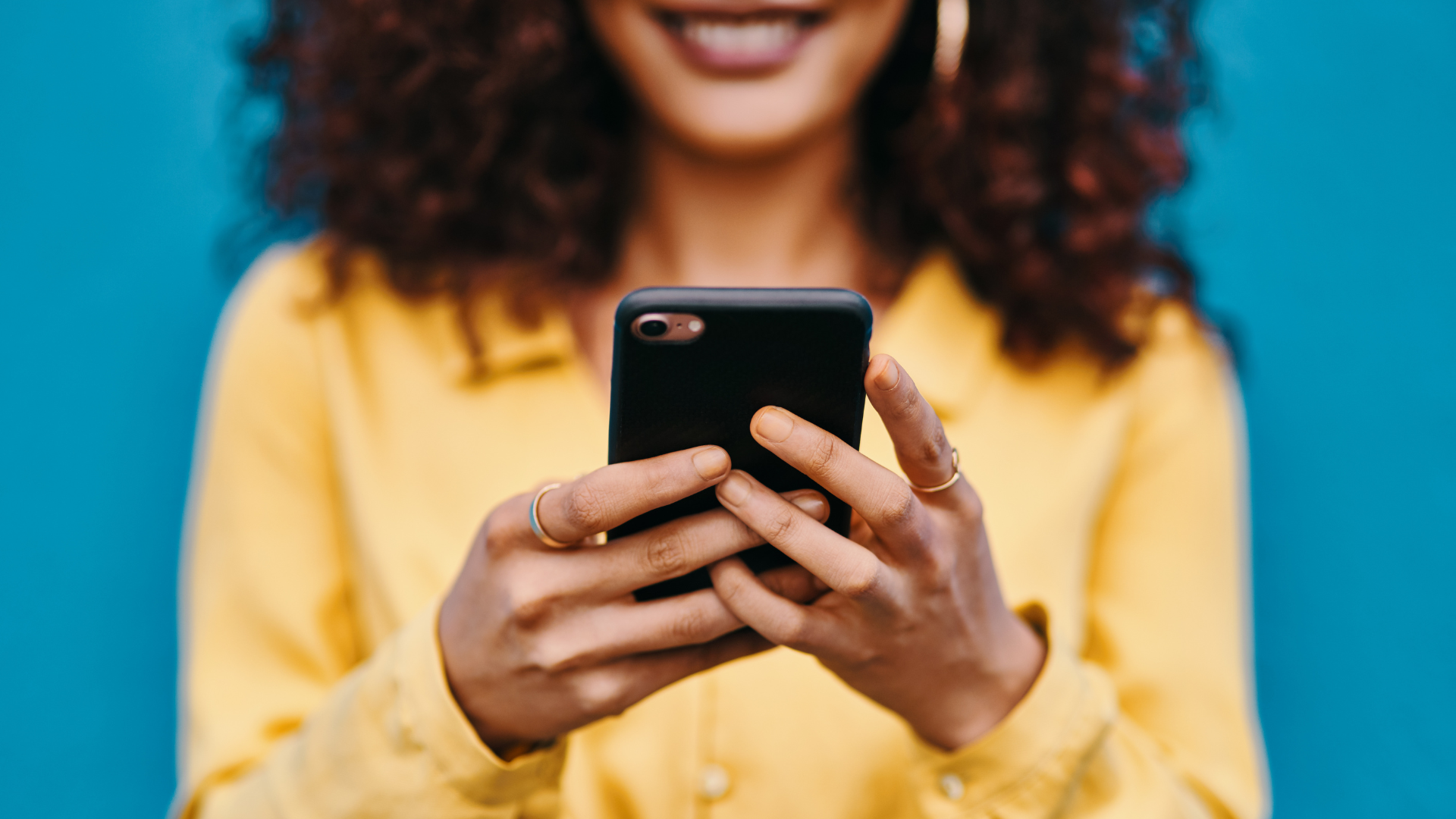
What Are The Negative Effects on Body Image?
It is best to start with the downsides to social media use, especially as it is plastered all over the news nowadays with many people showing concern about what their kids are seeing as well as their own feelings towards it.
Unrealistic Beauty Standards
There are quite a few social media accounts out there that show women with perfect hair, teeth, and a perfect body. This can lead to feelings of inadequacy, as these images are often unattainable for many people. While it is true that getting straighter teeth, a toned body and clearer skin is possible these days with the help of cosmetic solutions like Invisalign (one can truly get the best straight teeth with Invisalign), body contouring, and botox, it is still important to remember not to compare yourself to the unrealistic images you see online.
They look like they are fresh out of a magazine or have been made in a lab, and in a way, they have been due to the fact that many of them will use software to alter their faces and their body so they can ‘fit in’ with beauty standards.
This can be jarring to many who are seeing them as they may feel worse about their own bodies without knowing that what they are viewing is not actually real and they have been duped.
Snapchat Dysphoria
It has become so bad, that people will actually try and alter their appearance to match the filters they see or use just so they can have it in real life.
Their face and body satisfaction has gone way down and they think that they are not beautiful enough or worthy if they don’t have a body like the ones in the photos they scroll past.
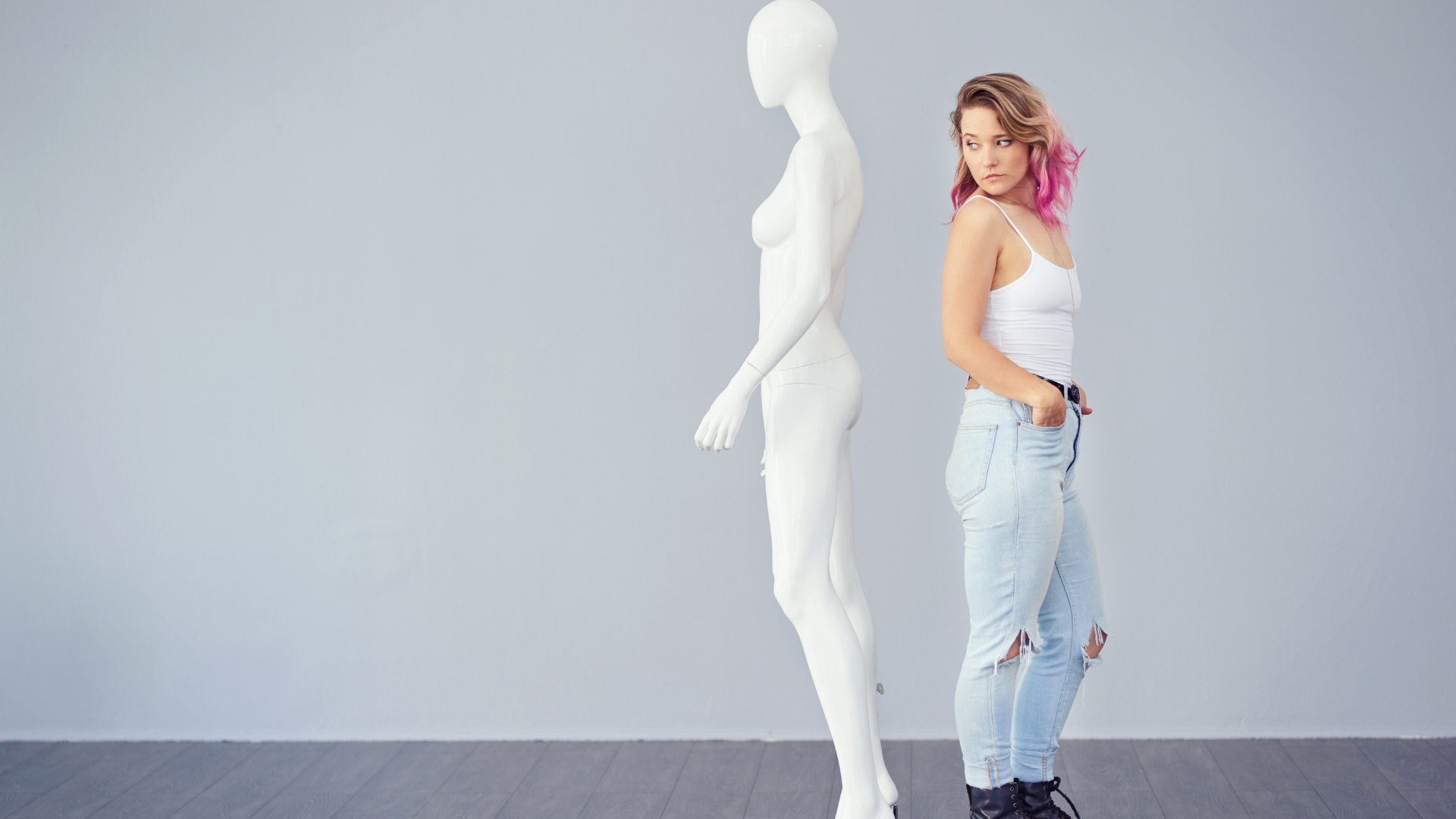
Body Image Disorders
You may find that young women, especially, will develop poor body image concerns if they feel like they don’t measure up to the standards they have seen online.
This can develop into disorders such as Body Dysmorphic Disorder (BDD) which can lead to disordered eating which can turn into full-blown eating disorders because they are striving to reach a body goal that they are hyper-fixated on.
What do People With BDD do?
Because they become so preoccupied with their body image, they start exhibiting repetitive or compulsive behaviours with their appearance.
They will constantly check themselves out in the mirror or ask people to tell them how they look and seek reassurance.
Survey Results
In 2019, a survey was conducted by the Mental Health Foundation, it was authorized as part of Mental Health Awareness Week, and it shows that around 31% of teenagers felt ashamed about their bodies, and 40% of teenagers said that social media made them worry about what they looked like.
The mental health issues that can come from these disorders can drive teenagers and adults down a dark path where they are trying to achieve a perfection that isn’t even real in the first place.
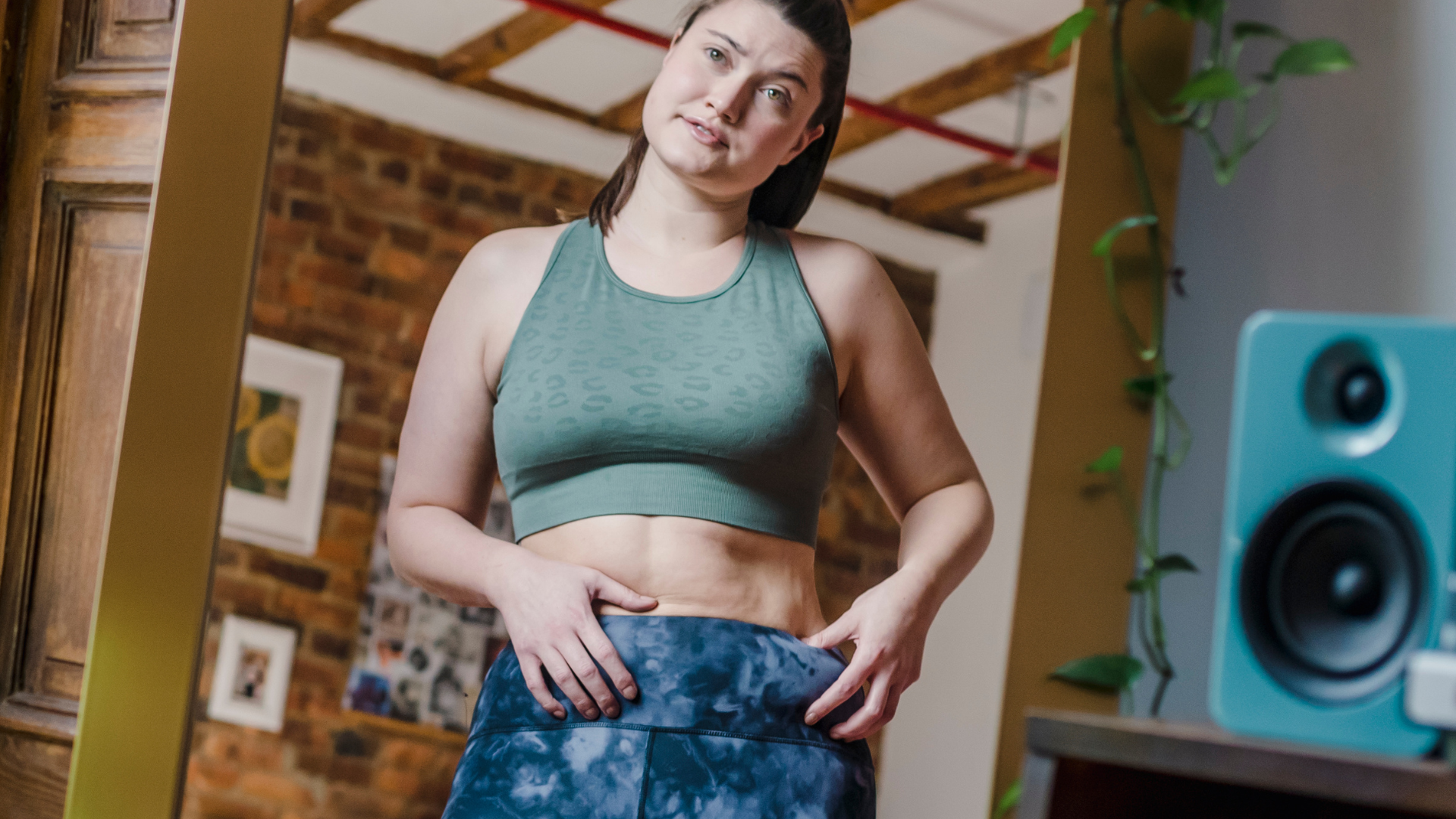
Competition and Cyberbullying
It is very evident that what can add to body image issues are situations such as women being pitted against other women on platforms that are open for anyone to communicate.
It can be an incredibly toxic environment for people to feel like they need to compete with others so they can feel ‘superior’ through their bodies.
It’s Not All Real
People tend to only post their best photos, they don’t really post ones that show them as soon as they wake up or on their worst days, but this has changed a bit as the years have gone on although the stigma is still there.
People Can be Vile
If someone were to post about how they really look, with no filters, it would be a step forward for body positivity, however, there are people in the comment section bringing them down, calling them horrible names, and generally adding to the vitriol online.
This can make it harder for the body-accepting community to make a name for themselves if they are always being dragged down for being real.
Even on the side of ‘perfection’, there are commenters who will say things like “bet it’s all fake” “it’s obvious that they had plastic surgery to look that way”, and so on.
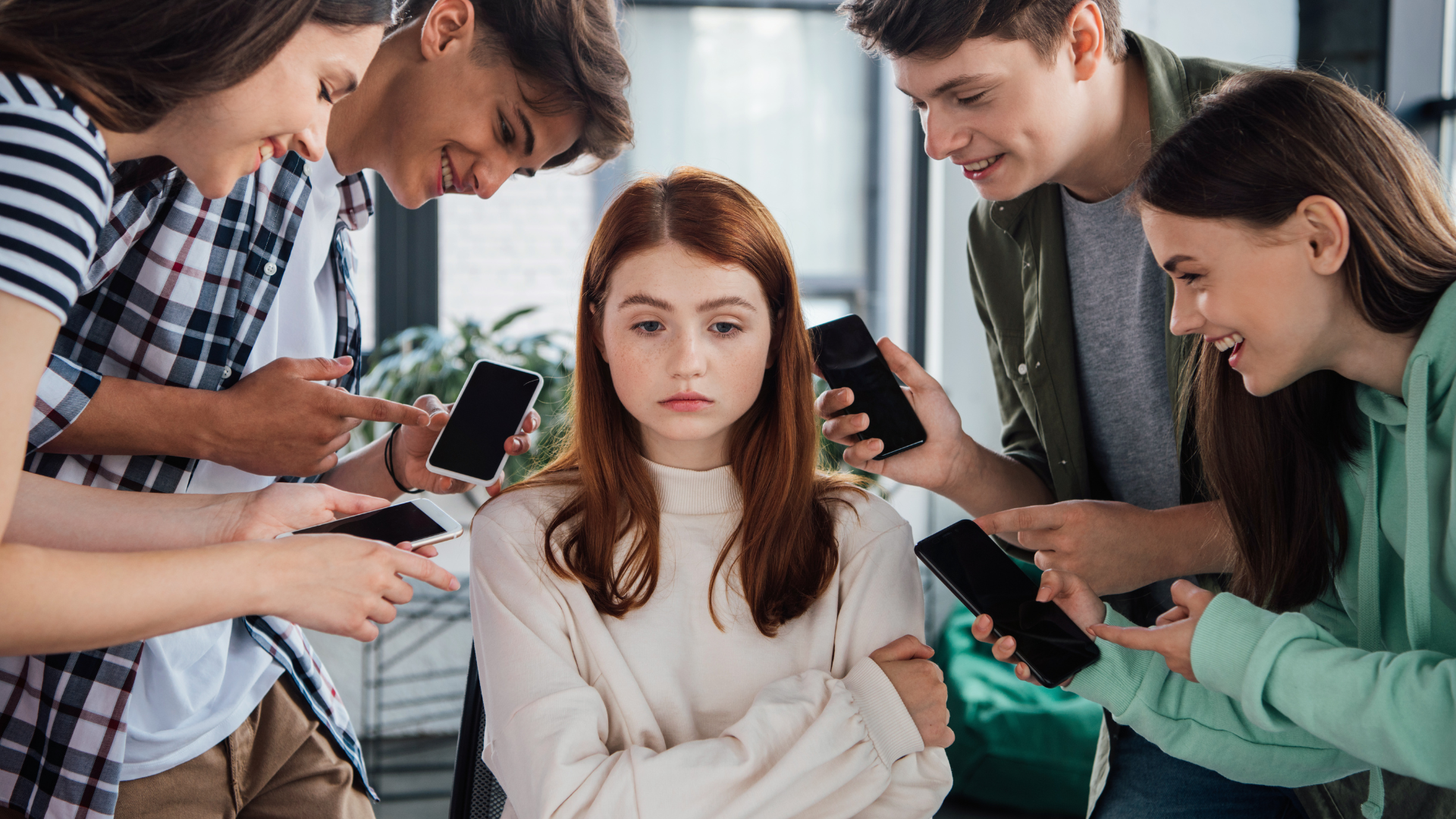
What Are The Positive Effects on Body Image?
Now we have waded through the downsides of being on social media, there are some upsides that can help people feel good when they are online.
The body-positive movement has made waves recently, with more and more people opening up to what it is like to be online and how we should all be our most authentic selves.
One notable trend is the increased visibility of real transformations, not just curated, filtered snapshots, but honest stories of individuals investing in their health and confidence. For example, many people now often share candid accounts of dental restoration and similar treatments.
Moreover, conversations about full fixed arch implant cost, for instance, and the impact of such treatments have moved beyond clinical settings and into everyday online spaces. These open dialogues typically contribute to a broader narrative about reclaiming one’s smile, building self-esteem, and improving overall well-being, both physically and emotionally.
Similarly, others speak openly about their skincare journeys, managing long-term conditions like acne or scarring. These stories don’t promote perfection, instead, they tend to highlight the emotional relief and renewed confidence that can come from mindful self-care.
It’s essential to consider professional options that support safe and effective skin enhancements. For instance, nurse-led treatments can provide tailored solutions for issues like fine lines, ensuring results that feel authentic and empowering.
This approach emphasizes education and long-term skin health, helping individuals make informed choices without succumbing to trends. Moreover, accessing reliable resources, such as Botox LPA, can offer valuable guidance on premium treatments that prioritize natural aesthetics and overall well-being.
Now, below are just a few of the positive aspects of social media that can help people feel supported and more at ease, reminding them that it’s okay to stay connected and engaged with these platforms.
Body Positive Accounts
There are a lot of accounts out there which contribute to body-positive content and help people view photos and videos that inspire them to feel good about their own bodies without taking other people down in the process.
They don’t just focus on body positivity for people who don’t fit traditional beauty standards, instead, they incorporate everyone into their world, because even those who are seen to be ‘beautiful’ still have their insecurities which can make them feel afraid to speak up.
It Helps Everyone
Viewing body-positive content is a great way to help young adults see that there is nothing wrong with them and that they are great the way they are.
It can be hard to navigate these spaces when you are young, so knowing that there are people out there that care about what you see and do, can help push away negative body image thoughts and keep everyone focused on what really matters – the content of your character. Additionally, supportive resources, such as Life Coaching for Young Adults, can further empower individuals to build confidence, set healthy goals, and develop a strong sense of self-worth.
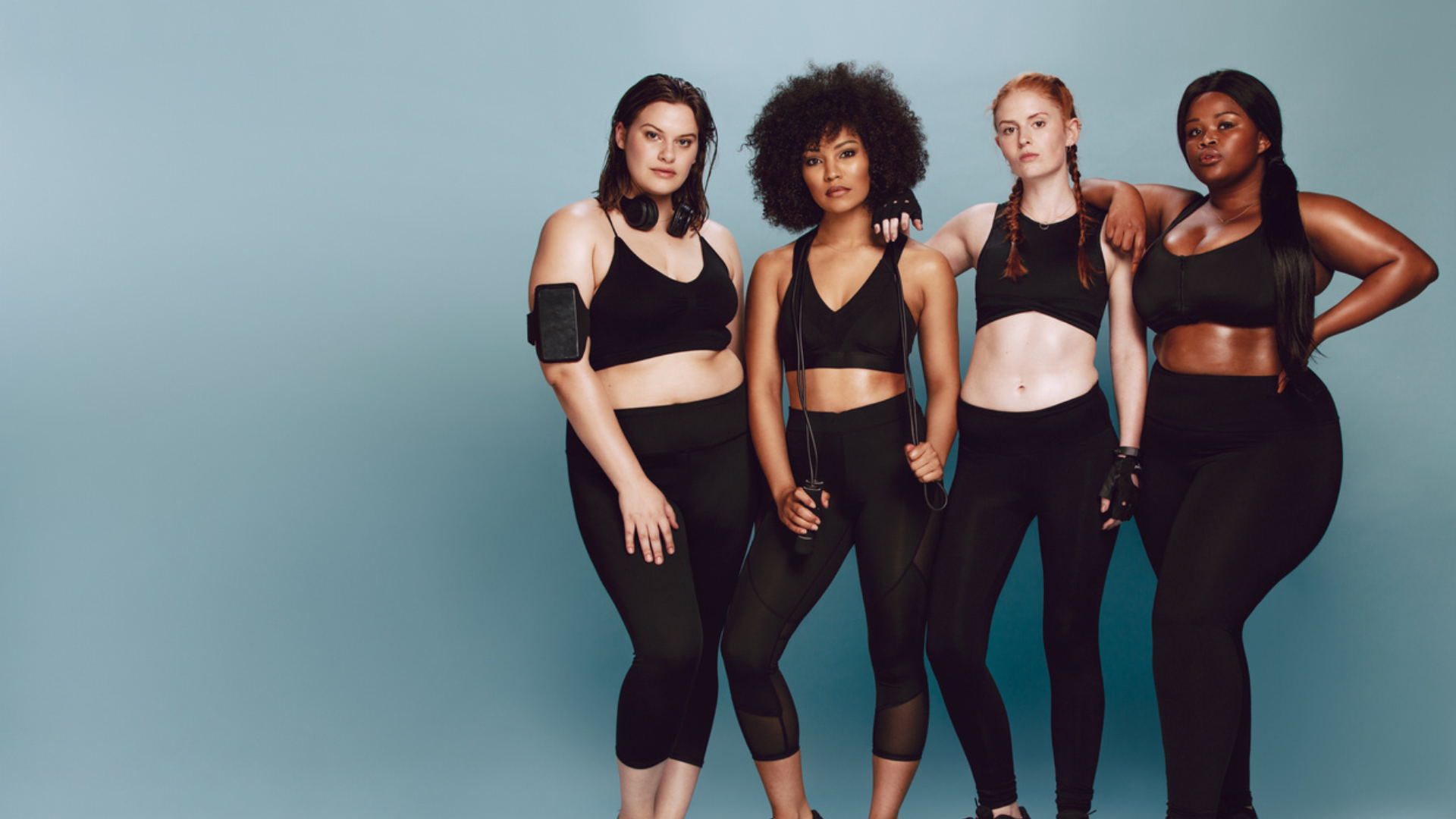
Health and Fitness Support
You can go online and see fit teas, fitness gummies, etc., which can promote unhealthy eating and food relationships.
Body-positive accounts can show people how to eat the right foods for their body and not give in to fads that don’t really work anyway.
Going on a toxic diet promoted by influencers who don’t know a thing about nutrition can sully the minds of many people, this is why accounts that offer nutritional support by certified experts can cut through these problems and help out those who need it most.
A Supportive Community
Some social media pages help people through body image concerns and show them that they need to take care of themselves first and not give in to the hype surrounding these negative accounts.
Along with the positive social media pages, there are many communities and blog pages that help people educate themselves about eating disorders and body dysmorphia. These places can help one gain body positivity and forge connections with people in the community who are going through the same struggle.
Beware of Fake Pages
Unfortunately, there can be instances where pages disguised as helpful community support are actually eating disorder pages that can be harmful.
If they are telling you things like reducing your food really low, how you need to skip meals, or take supplements for weight loss, then this is a red flag and you need to remove yourself from there as soon as possible.
They aren’t there to truly help you, and they could make you feel worse, so always be wary and tread carefully when looking into these pages.

Conclusion
So, how does social media affect body image? Unfortunately, quite a lot, and whilst there are some negatives connected to it, there are positives along the way too, it just takes some time to find the right support that you need.
Don’t focus on what is on your screen all the time, what you are seeing is not a true depiction of the world, there are a lot of ups and downs that you won’t see, so take it with a pinch of salt.
